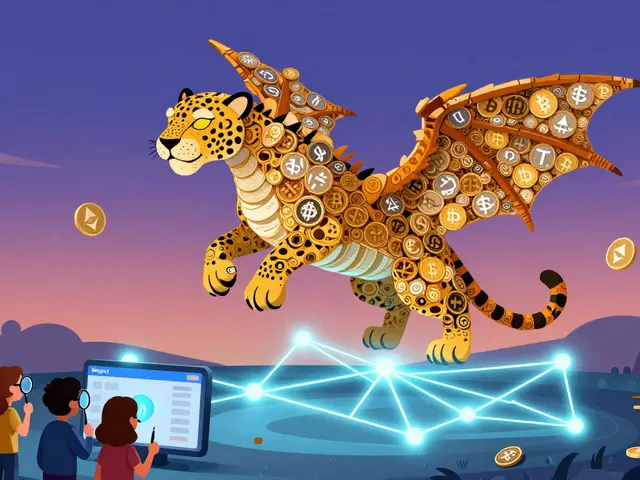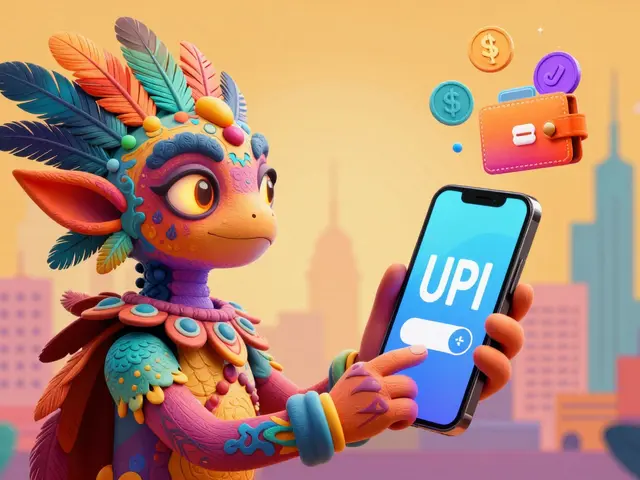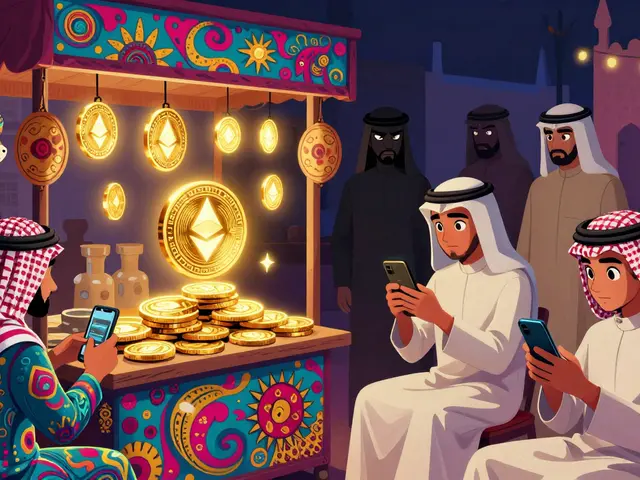Egypt Crypto P2P: How Peer-to-Peer Trading Works in Egypt and What You Need to Know
When it comes to buying and selling cryptocurrency in Egypt, peer-to-peer crypto trading, a direct exchange between buyers and sellers without a central platform. Also known as P2P crypto, it’s become the most practical way for Egyptians to access Bitcoin, USDT, and other digital assets. With strict banking restrictions and limited access to global exchanges, P2P has filled the gap—letting people trade directly using local payment methods like bank transfers, cash, and mobile wallets.
This isn’t just about convenience. Egyptian cryptocurrency regulations, a complex mix of unofficial bans and gray-area enforcement. Also known as crypto rules in Egypt, they don’t outright ban crypto—but they block banks from processing crypto-related transactions. That means if you try to use Binance or Kraken with an Egyptian bank card, it’ll get declined. But P2P platforms like Paxful, LocalBitcoins, and Binance P2P let users bypass that entirely. You’re not depositing money into a bank account—you’re sending cash to a trader across the street, or transferring funds via Fawry or Vodafone Cash. It’s not perfect, but it works.
Still, P2P comes with risks. Scammers pose as buyers, then disappear after you send crypto. Others use stolen cards or fake payment screenshots. That’s why experienced traders in Cairo and Alexandria always check trade history, use escrow, and avoid deals that seem too good to be true. You’ll find traders who’ve done hundreds of deals with 100% positive feedback—and you’ll find ones with zero reviews and a rush to close the trade. The difference? One can keep you safe. The other can wipe out your savings.
What you won’t find in Egypt is a regulated local exchange. No licensed platform offers fiat on-ramps with full transparency. So traders turn to P2P not because they want to, but because they have to. And that’s why the posts below cover real cases: how to spot a reliable trader, which payment methods are safest, why USDT dominates the market, and what to do if your trade gets stuck. You’ll also see how Egyptian traders handle disputes, avoid government scrutiny, and use P2P to send money abroad when traditional systems won’t let them.
This isn’t theoretical. These are the tools, tactics, and traps real people in Egypt face every day. Whether you’re new to crypto or have been trading for months, the guides and reviews below will help you trade smarter, stay safe, and avoid the most common mistakes.









